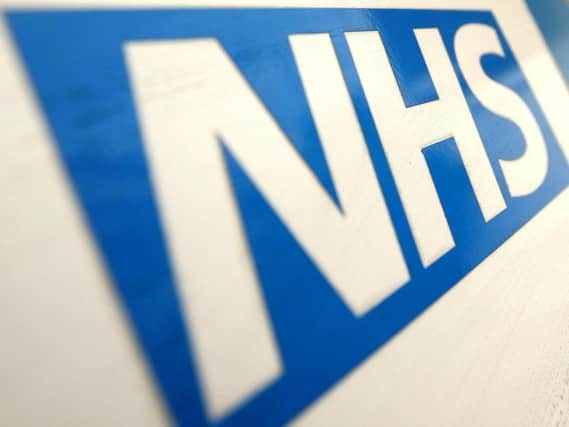Ten-tonne mountain of food binned by Wigan's hospitals each year


According to NHS data, Wrightington Wigan and Leigh NHS Trust (WWL) recorded 258kg of unserved meals going to waste over one seven-day period in March 2018 - the equivalent of 13.4 tonnes every year.
The figure covers just the excess meals left on the trolley at the end of a meal service, and does not include food that patients leave on their plates when they have finished eating.
Advertisement
Hide AdAdvertisement
Hide AdIt includes starters, main meals and desserts during lunch and dinner, but does not include breakfast.
WWL spent £2.8m on food services in the 12 months to March, including labour, delivery and management costs.
During this time, there were 727,298 meals requested by patients which would give an average cost per day of £11.39. The English average was £12.59.
The Government has announced a 10-year plan for the NHS, which includes a commitment to tackle waste.
Advertisement
Hide AdAdvertisement
Hide AdHowever, more than 7,130 tonnes worth of meals are currently going in the bin across the NHS every year, the data suggests.
Food waste is a “big problem” in the service, according to the food and farming charity Soil Association, which campaigns for better food in hospitals.
Its policy officer Rob Percival said it is often linked to the method NHS trusts use for catering services.
Many rely on pre-prepared meals that are delivered to sites which may not have the freezer capacity to keep any surplus, he explained.
Advertisement
Hide AdAdvertisement
Hide Ad“Trusts should be investing in fresh preparation of meals as opposed to bulk purchasing, which gives catering staff a greater degree of control,” he said.
“Then you won’t be dealing with the scenario where you have 1,000 plated meals delivered but you only have 300 orders from patients and the rest goes in the bin.”
According to Mr Percival, ensuring high-quality meals are provided to patients could also help reduce extra waste from food being left on plates.
“Adequate nutrition is important for a patient’s recovery and a huge amount of plate waste is generated because food is of a low quality - ready-made, reheatable meals that are highly unappetising.
Advertisement
Hide AdAdvertisement
Hide Ad“Freshly prepared meals are generally more appealing, in our experience, whereas pre-prepared meals can be pretty disgusting.
“When you freshly prepare the food it allows the chefs to monitor how much is being left on plates by patients and they can adjust how much they produce.”
WWL facilities manager Gillian Lyon said: “Food waste is something Wrightington, Wigan and Leigh NHS Foundation Trust consistently takes steps to reduce.
“Our Food Safety Policies are very stringent, in that we cannot re-use food once it has been sent to a ward, due to the risk of infection and the vulnerable nature of our patients. The trust also has monitors in place to ensure that no high risk food makes it back into the system after meal service.
Advertisement
Hide AdAdvertisement
Hide Ad“WWL’s sites have been all been awarded five stars in food hygiene ratings and are also externally audited, with our Central Processing Unit (CPU) at Leigh being STS accredited.
“At WWL we take patient meal orders prior to every meal to try and better capture appetite. However, the need to offer choice, which in itself can create waste, coupled with the fact that orders are placed for patients who are missing at the time of ordering who then may go on to not eat the meal can lead to food waste. Our waste traditionally is around the eight-10 per cent mark which, for a bulk operated service is quite low.
“However, we remain vigilant and are always looking at ideas to reduce waste but maintain choice for our patients.
“The trust’s Waste Management department continues to investigate what can be done to better manage food waste outside of macerators and domestic waste disposal methods. While this may not strictly reduce the food waste levels, it will ensure the disposal is a much more environmentally friendly approach.”